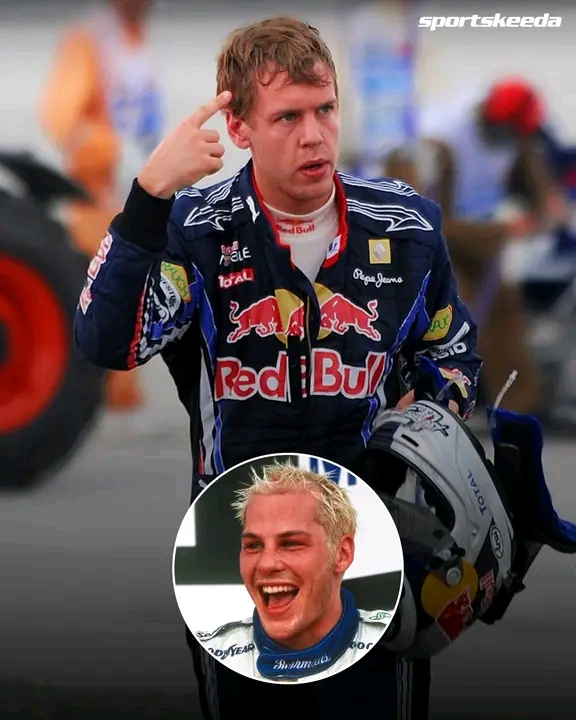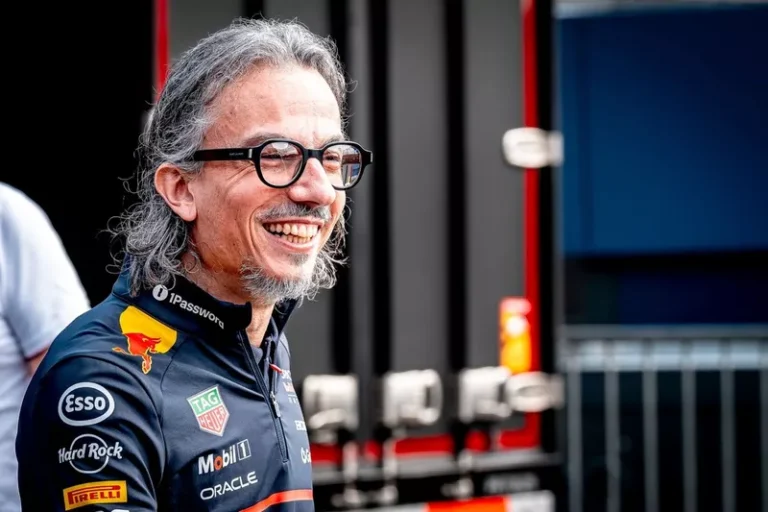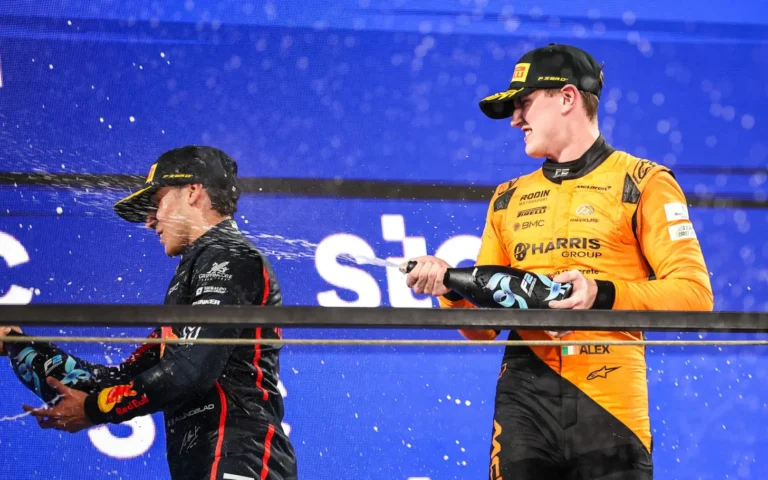
In a recent interview, former Formula 1 world champion Jacques Villeneuve did not hold back in his criticism of Sebastian Vettel’s tenure at Red Bull Racing. Villeneuve, known for his candid and often controversial opinions, expressed his belief that Vettel’s success during his time at the team was not solely a reflection of his driving talent. Instead, he suggested that the superiority of the Red Bull car, particularly its innovative design and engineering, played a pivotal role in Vettel’s four consecutive championships from 2010 to 2013.
Villeneuve pointed out that while Vettel undeniably exhibited exceptional skills behind the wheel, the technological advantages provided by Red Bull’s machinery elevated him to an unparalleled status in the sport. The French-Canadian emphasized that the team’s well-crafted aerodynamics and superior tire management significantly contributed to Vettel’s victories. “It’s easy to appear as a champion when you have the best car on the grid,” Villeneuve stated, implying that much of the praise directed at Vettel might be better attributed to the engineering prowess of the Red Bull team.
The former driver also drew attention to how Vettel’s dominance produced a unique competitive landscape in F1, where other drivers struggled to match the performance of the Red Bull cars. This, in turn, raised questions about the overall competitiveness of the sport during that era. Villeneuve lamented the lack of diversity in race winners during Vettel’s reign, arguing that such dominance can detract from the excitement and unpredictability that fans crave. “F1 thrives on competition,” he explained, suggesting that a truly great driver must showcase their skills against a field of equally formidable opponents.
Villeneuve’s remarks are part of a larger conversation within the motorsport community regarding how much of a driver’s success can be attributed to skill versus machinery. As newer generations of drivers emerge and the balance of power shifts within the teams, the debate over Vettel’s legacy continues to be a point of contention. Many fans remember his impressive feats but are now re-evaluating those performances against the backdrop of Red Bull’s impressive technical achievements.
In conclusion, Jacques Villeneuve’s blunt assessment of Sebastian Vettel’s success at Red Bull highlights the ongoing discussions about the relationship between driver talent and technological superiority in Formula 1. As the sport evolves and new talent comes to the forefront, it will be interesting to see how Vettel’s legacy is viewed in light of these critiques. Regardless of these debates, Vettel’s time at Red Bull remains a significant chapter in F1 history, one that continues to prompt reflection and analysis.



